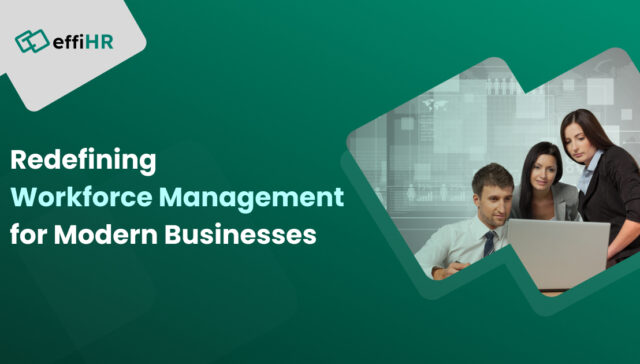- Assess Your HR Needs
- Prioritize Scalability and Flexibility
- Focus on User Experience
- Evaluate Integration Capabilities
- Consider Compliance and Security
- Look for Customization and Personalization
- Assess Vendor Support and Training
- Consider Cost and ROI
- Explore Employee Self-Service Features
- Leverage Reporting and Analytics
Share Article
Get in touch
With the myriad of optionsavailable, it’s crucial to find a solution that fits your company’s unique needs like a glove. Here’s a comprehensive guide to help you make the best choice for your organization.
In this blog, we will explore the benefits of using HR software for onboarding, including complete onboarding of new hires, seamless transitions, and excellent first impressions. Discover how to turn a challenging start into an inspiring journey. Let’s dive in!
Assess Your HR Needs
Identify Core Requirements and Challenges
Begin by conducting a thorough assessment of your current HR processes. Identify pain points, inefficiencies, and areas that need improvement. Are you struggling with payroll management, recruitment, employee engagement, or performance tracking? Understanding your specific needs will help you narrow down the features you require in HR software.
Prioritize Scalability and Flexibility
Future-Proof Your Investment
Your company is likely to grow and evolve over time, and so will your HR needs. Choose HR software that can scale with your business, accommodating more users and additional features as necessary. Flexibility is also crucial, allowing you to customize the software to match your specific workflows and processes.
Focus on User Experience
Ensure Ease of Use for All Users
A user-friendly interface is essential for widespread adoption and effective use of HR software. The software should be intuitive and easy to navigate for HR professionals, managers, and employees alike. A complicated or cumbersome interface can lead to resistance and underutilization, undermining the software’s potential benefits.
Evaluate Integration Capabilities
Ensure Seamless Connectivity
Your HR software should integrate seamlessly with your existing systems, such as payroll, accounting, and other enterprise software. Integration capabilities ensure smooth data flow, reducing manual data entry and minimizing errors. Look for solutions that offer robust API integrations and compatibility with your current tech stack.
Consider Compliance and Security
Protect Sensitive Employee Data
HR software handles a vast amount of sensitive employee information. Ensure the software complies with relevant data protection regulations and offers robust security features. Data encryption, access controls, and regular security updates are critical to protecting your data from breaches and unauthorized access.
Look for Customization and Personalization
Tailor the Software to Your Needs
Every company has unique HR processes and policies. Choose HR software that allows for customization and personalization to fit your specific requirements. Custom workflows, personalized dashboards, and tailored reporting capabilities are invaluable features that can enhance the software's effectiveness for your organization.
Assess Vendor Support and Training
Ensure Continuous Support and Learning
Reliable vendor support is crucial for the successful implementation and ongoing use of HR software. Evaluate the support options provided by the vendor, including customer service, technical support, and training resources. Comprehensive training programs and a responsive support team can make a significant difference in your software experience.
Consider Cost and ROI
Evaluate the Financial Impact
Analyze the total cost of ownership, including upfront costs, subscription fees, and any additional expenses for implementation, training, and support. Compare these costs against the expected benefits and ROI. While it's essential to stay within your budget, prioritize the value and long-term benefits the software can bring to your organization.
Explore Employee Self-Service Features
Empower Employees with Access
HR software with self-service features can enhance employee satisfaction and reduce the HR team's workload. Features like online leave requests, access to payslips, and updating personal information empower employees to manage their HR-related tasks independently.
Leverage Reporting and Analytics
Make Data-Driven Decisions
Effective HR software should offer robust reporting and analytics capabilities. Access to real-time data and insightful reports can help HR professionals make informed decisions, identify trends, and measure the effectiveness of HR initiatives. Look for software that provides customizable reports and advanced analytics features.
Conclusion
Choosing HR software that fits your company like a glove involves careful consideration of your specific needs, future growth, user experience, integration capabilities, compliance, customization, vendor support, cost, employee self-service, and analytics. By focusing on these key factors, you can select an HR solution that not only meets your current requirements but also supports your company’s long-term success and growth. Take the time to research, compare options, and involve key stakeholders in the decision-making process to ensure a tailored fit for your organization.





